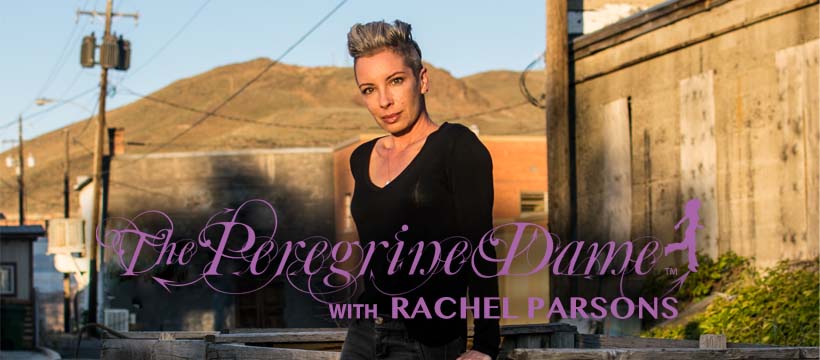Yangon: New Millennium Dreams
 |
| British colonial facade, Caribbean colors, in Downtown Yangon |
In the late 1920s, Chilean poet Pablo Neruda called Yangon, Myanmar “a city of blood, dreams and gold.” Almost 90 years later, his description is still apt. When he lived here the British Indian colony was called Burma and the city, Rangoon.
 |
| A smoggy day in Yangon town -- once dominated by Sule Pagoda (center), downtown is now commanded by high-rise construction |
As for blood, whatever he saw then, I wonder whether even Neruda, who would witness war in other parts of the world, could have imagined the kind of bloodshed that took place during the 50 years of military rule in the country beginning in the 1960s. For so many decades imprisonment without trial and the killing of of civilian protesters by the military was the norm. No one was safe, not even Yangon’s monks who are, as a whole, quite politically active.
Even last month, peaceful demonstrations by students and their supporters against an education bill were met with violent police and vigilante force. Cynically, I could say that there’s been progress because this time no one was murdered, only beaten and arrested.
Although democratic reforms have been instituted, fought for during the last several decades by opposition parties like The Lady Aung San Suu Kyi’s National League for Democracy, the military still has much control since the constitution guarantees it 25 percent of the seats in parliament. The military, of course, wrote the constitution. The dream of a true democratic state, complete freedom of press, and basic humans rights still a long way off but you’ll be able to live in a deluxe apartment in the sky.
 |
| Neglected colonial buildings with plant growth cozy up to modern glass and steel architecture downtown |
As I spend most of my days on foot going through neighborhoods for adequate coverage of the city for the episode, the streets produce a sometimes exquisite, sometimes nauseating oscillation of odors: aromas of wonderful street food one moment and clouds of fumes from open sewers and filth the next. But, block after block the sidewalks are ripped up and men are working in those sewers upgrading infrastructure in the smoggy, heavy, 100-degree heat. They wear no shirts and only flip-flops on their feet or no shoes at all. I notice at large building sites — the skyscrapers popping up — workers have on protective footwear and hard hats although workers on the fringes of these sites will still be in flip-flops, albeit with hard hats firmly in place.
My couch surfing host, an American expat working as a school teacher, tells me that in the past six months or so he’s noticed things getting cleaned up. The smells are better. For all the political turmoil that still exists and the progress yet to be made in this, the former capitol city, the gold fueling the capitalistic rush is flooding the place. It makes me wonder whether on some subtle level it’s meant as a diversion from the coming year-end national elections. “Look what our reforms have given you,” I imagine the military saying.
 |
| Not-so-deluxe apartments, old and new. Downtown Yangon |
In one of the 25 poorest countries in the world, it’s telling that at a big development site on the eastern edge of Inya Lake, in one of the more genteel neighborhoods which houses diplomats and international business people, there is no Burmese language whatever on the marketing materials around the site. Only English, extolling how luxurious, how “prestigious” living at this address will be once it’s completed. Blood, dreams and gold, indeed.

Comments
Scenic tours | Trafalgar tours | Cosmos tours